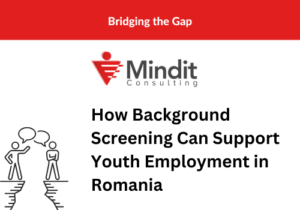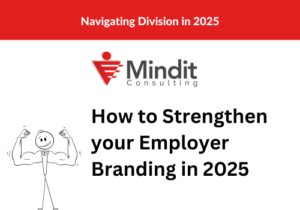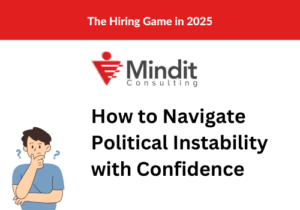Background screening is an essential part of the hiring process for employers in Romania. It helps ensure that the individuals being hired are trustworthy, reliable, and a good fit for the organization. This article aims to answer some frequently asked questions about background screening for employers.
1. What is background screening?
Background screening involves conducting a comprehensive review of a candidate’s history, including their criminal record, education, employment history, reference checks and more. The purpose is to verify the accuracy of the information provided by the candidate and to assess their suitability for the position.
2. Is background screening common in Romania?
Yes, background screening is becoming increasingly common in Romania as employers recognize the importance of making informed hiring decisions. It helps mitigate the risk of hiring individuals with questionable backgrounds or qualifications.
3. What information can employers legally consider during background screening?
Employers in Romania can legally consider information related to criminal records, education, employment history, reference checks, professional licenses and more. However, it’s crucial to ensure that the screening process complies with data protection laws, such as the General Data Protection Regulation (GDPR).
4. How does GDPR impact background screening?
Under the GDPR, employers must obtain the candidate’s explicit consent before conducting background checks. Additionally, any personal data collected during the screening process must be handled securely and used only for the intended purpose.
5. Can employers request criminal records during background screening?
Yes, employers can request criminal records as part of the background screening process. However, they must have a legitimate reason for doing so and inform the candidate about the purpose of the check.
6. Can employers inquire about a candidate’s social media presence?
Yes, employers in Romania can inquire about a candidate’s social media presence as part of the background screening process. Checking a candidate’s public social media profiles can provide additional insights into their character and behavior, but it’s important to avoid any discriminatory or invasive actions. Additionally, obtaining the candidate’s consent for social media checks is advisable to ensure transparency and compliance with data protection regulations.
7. How far back can employers check an applicant’s employment history?
There is no fixed rule for how far back employers can check an applicant’s employment history. Some organizations may choose to look back a certain number of years, depending on the industry and role.
8. Can employers verify a candidate’s educational background?
Yes, employers can verify a candidate’s educational background. This is important to ensure that the candidate’s claimed qualifications are accurate. Contacting educational institutions or using specialized verification services can help confirm the information provided.
9. Are there any roles exempt from background screening?
Certain roles, such as those involving sensitive government positions or financial responsibilities, might have stricter background screening requirements due to the nature of the job. However, it’s generally advisable for employers to conduct some level of background screening for all positions to maintain consistency and fairness.
10. What should employers communicate to candidates about background screening?
Employers should inform candidates about the background screening process, the specific checks that will be conducted, and how their personal data will be used. Transparency and open communication can help build trust and ensure compliance with legal requirements.
In conclusion, background screening is an integral part of the hiring process for employers in Romania. By conducting thorough and lawful screenings, employers can make more informed decisions, enhance workplace safety, and safeguard their organization’s reputation.


